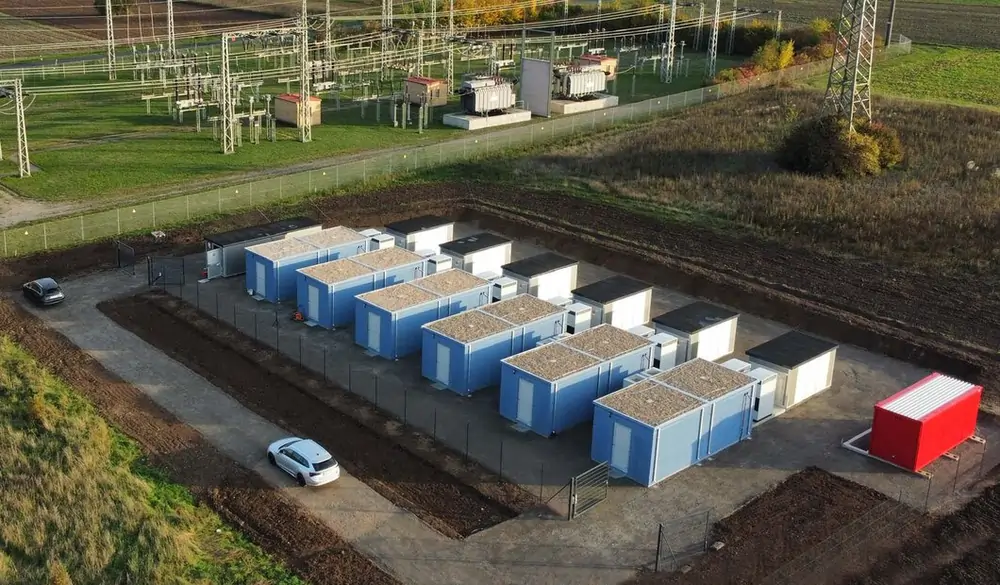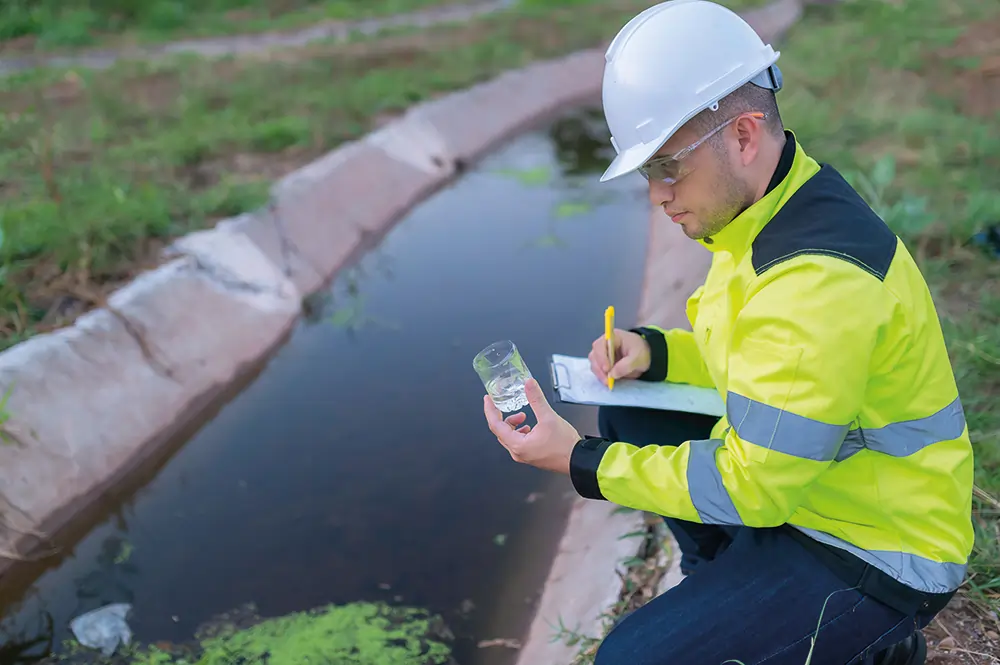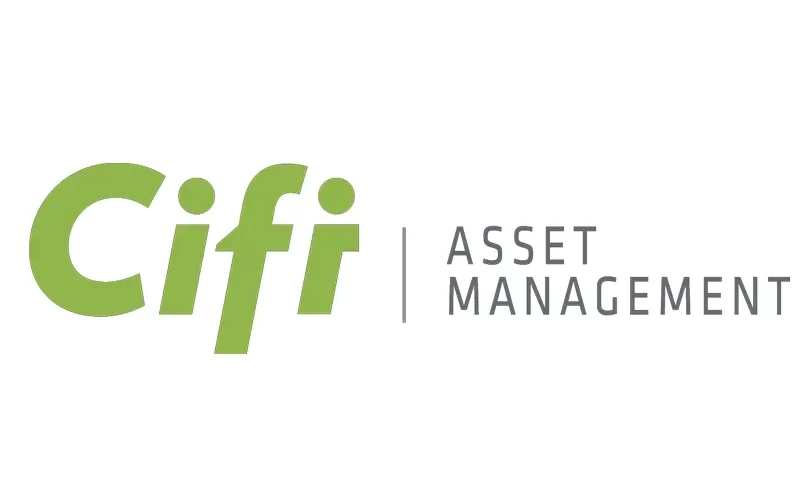Human security must underpin sustainability

John E. Kaye

Businesses are made of people, and their needs should be worth more than profits, says Mary Martin of LSE IDEAS
Last September marked five years since world leaders agreed to adopt the 17 UN sustainable development goals (SDGs). The goals were and are intended to stimulate change by addressing global issues such as poverty, lack of access to clean water, environmental degradation, poor work and living arrangements, and the need to develop more institutions to promote peace and justice.
Aside from providing a framework for government action, Agenda 2030 was also a rallying cry to the private sector. Improving global resilience should not be left solely to governments and aid organisations. Businesses have access to critical resources and skills that can enhance sustainability projects.
Progress towards peace, security and the development of more robust infrastructure around the world is in corporations’ best interests. The Covid pandemic has shown how economic, environmental and social issues are joined at the hip. Vulnerabilities in one area destabilise the others. Solutions, therefore, need to be equally holistic and involve players from across the public and private sectors- including companies and investors.
In a report based on research conducted by academics and practitioners for the UN Business and Human Security Initiative at LSE IDEAS (the London School of Economics’ foreign policy think tank), my colleagues and I make the case that private sector contributions to sustainability and Build Back agendas should focus on a human security approach. Our findings reflect three years of dialogue with companies, policymakers, NGOs and academics.
We do not advocate this approach purely to add another slogan to a field already brimming with them. We do so because thinking in terms of human security can help firms and investors create common ground with other stakeholders.
For the greater good
Companies are made of humans, just as communities are. Securing future prosperity will increasingly depend on the health of the planet and the wellbeing of all humanity. The idea that everyday life matters, that it is under threat, and that it therefore makes sense to mitigate risks, are shared across all industries and geographical regions.
New patterns of development assistance that combine private funds and public sector initiatives are emerging. While this is encouraging, for most businesses, the idea of taking responsibility for community development still seems far-fetched, and unrealistic. For the past 10 years, while acronyms like CSR (corporate social responsibility) and ESG (environment, social and governance) have increasingly become part of corporate vocabulary, experts anxiously watch thermostats and inequality rise and worry that much of the sustainability agenda remains purely rhetorical – a verbal commitment from a few corporate leaders rather than a mainstream way of doing business.
To bring about a tangible change in development outcomes and how the private sector can really contribute to a sustainable future, the focus must shift from the national and global to regional and local levels. Business needs to get context specific. This horizon shift can be integrated into business practices in a number of ways, including by reviewing communications policies to include more regional contact points, bringing outside and local stakeholders into designing and validating corporate plans and investments, and reassessing what counts as a risk for people in their everyday lives, not just in abstract metrics.
Sustainability means meeting the needs of the present without compromising the ability of future generations to meet their own needs. It’s compassionate but it’s also good business sense.
When businesses acted to help dismantle apartheid in South Africa, combat the spread of AIDS, or confront the West African Ebola pandemic in 2014, it was because these crises created additional costs and risks. When governments are unable or unwilling to step in and steady the ship, companies are often well placed to act, but they must do so alongside communities and public institutions.
In the simplest sense, human security describes an approach to development which focuses on protecting people from harm at the same time as allowing them a say in their own futures. It recognises that physical safety, material needs and dignity are at the core of sustainability and preventing societal risks.

Businesses often overlook the needs of individuals, families and communities in trying to follow big, top-down themes or generic strategies. ‘Taking a human security approach, particularly through setting up long-term dialogues with communities helps to identify and mitigate the risks that spring from real needs and fears at the grass roots, which may not be amenable to single solutions. For business trying to meet ESG commitments, increasingly demanded by investors, issues that fall under the “S” are more difficult to grip than those that come under the “E”. In a sense, the environmental threat is more easily quantifiable.
Though the level of emissions that need to be cut to stay on the 1.5°C pathway laid out in the Paris Agreement presents challenges aplenty, societal problems such as gender pay disparity, human trafficking and discrimination can be much harder to form a cohesive response to. There is no clearly defined natural resource to consume less of, nor a piece of technology to be rendered obsolete. What connects these issues is people.
Taking a human security approach to sustainability provides companies with a more detailed picture of the challenges faced by individuals and communities, and how these problems are connected and feed off each other. As such, it allows organisations to identify risks which may not otherwise be easily apparent or measurable. In short, it provides a broader perspective than, for example, a purely statistical approach.
This relates to the respond way a human security approach can help corporate strategies on ESG issues
– it changes the nature of engagement with outside stakeholders. Engagement is often used as a catch-all phrase to describe how companies deal with people affected by corporate operations or investments.
Partnerships, collaborations and dialogue
Often, engagement is directed at the heading of opposition, and acquiring a social license to operate – a necessary process of jumping through the right hoops. A better alternative is to create partnerships, collaborations and ongoing dialogues with members of the community in pursuit of common ground, mutual benefits and reciprocal responsibilities, based on understanding what the threats to human security are that confront people and jeopardise business alike. The human security approach may sound novel or ambitious and this is sometimes enough to put business leaders off, but it builds on what business and government did during the Covid pandemic in terms of listening to the fears and hopes of communities across society. Dialogue and partnerships that see development and investment as a shared endeavour allow room for actions that are tailored to the realities of each community’s situation, and people’s everyday lives.
Rather than a prescriptive action plan, this approach offers a set of principles and processes which can guide corporate decision makers in facing up to increasing social and environmental risks in today’s world, whatever management strategy they follow, through crafting relations with outside stakeholders that lead to positive impacts and constructive change.

Each crisis has its own language. To ground the term “human security” in one final example, at the time of the Covid pandemic people’s concerns were redirected towards inequality, vulnerability and the need for resilience. The virus seldom makes headlines on national news anymore, yet its after-effects are still being felt by those suffering from long-Covid or struggling to adapt to new patterns of work. A human security approach is about how we can respond to these new challenges.
Instead of taking fiscal rules and corporate profitability as the only benchmarks for growth and prosperity, we have started to speak about protecting lives, jobs, education, our planet and our way of life.
That is encouraging. I hope it continues.
ABOUT THE AUTHOR

Dr Mary Martin is the Director of the UN Business and Human Security Initiative at LSE IDEAS, the London School of Economics’ foreign policy think tank. She holds a PhD in International Relations from the University of Cambridge.
RECENT ARTICLES
-
 Jersey builds on regulatory strength to stay globally competitive
Jersey builds on regulatory strength to stay globally competitive -
 Why hybrid energy systems are set to power the continent
Why hybrid energy systems are set to power the continent -
 ees Europe: The rise of large-scale storage systems
ees Europe: The rise of large-scale storage systems -
 From reputational risk to competitive advantage
From reputational risk to competitive advantage -
 Take your business success full circle
Take your business success full circle -
 Designed for life
Designed for life -
 Is your ESMS fit for purpose?
Is your ESMS fit for purpose? -
 Digitally enable your ESG solutions
Digitally enable your ESG solutions -
 Afore SURA - The journey to sustainable investment
Afore SURA - The journey to sustainable investment -
 ESG at IDFC FIRST Bank
ESG at IDFC FIRST Bank -
 Takeaways from eco food study
Takeaways from eco food study -
 It’s all about sustainability
It’s all about sustainability -
 Invest in a Greener Tomorrow with Westbrooke Associates
Invest in a Greener Tomorrow with Westbrooke Associates -
 Q&A with Cifi Asset Management's Ricardo Rico, Head of Funds & Javier Escorriola, Managing Partner
Q&A with Cifi Asset Management's Ricardo Rico, Head of Funds & Javier Escorriola, Managing Partner -
 The present calls for sustainable investments, and CIFI has heard that call
The present calls for sustainable investments, and CIFI has heard that call -
 The power to transform tomorrow
The power to transform tomorrow -
 UK to mismanage quarter of a million tonnes of plastic waste this year
UK to mismanage quarter of a million tonnes of plastic waste this year -
 How can visionary design save the world?
How can visionary design save the world? -
 Interview with Thanawat Trivisvavet, Managing Director of CKPower
Interview with Thanawat Trivisvavet, Managing Director of CKPower -
 Elsewedy Electric - Powering progress
Elsewedy Electric - Powering progress -
 Thailand’s CKPower leads sustainable business model
Thailand’s CKPower leads sustainable business model -
 It’s time to focus on the ‘S’ in ESG
It’s time to focus on the ‘S’ in ESG -
 The seven competencies of ESG leaders
The seven competencies of ESG leaders -
 Why businesses must begin their net zero journey now
Why businesses must begin their net zero journey now -
 Every drop of the ocean is connected - Ocean Bottle
Every drop of the ocean is connected - Ocean Bottle



























